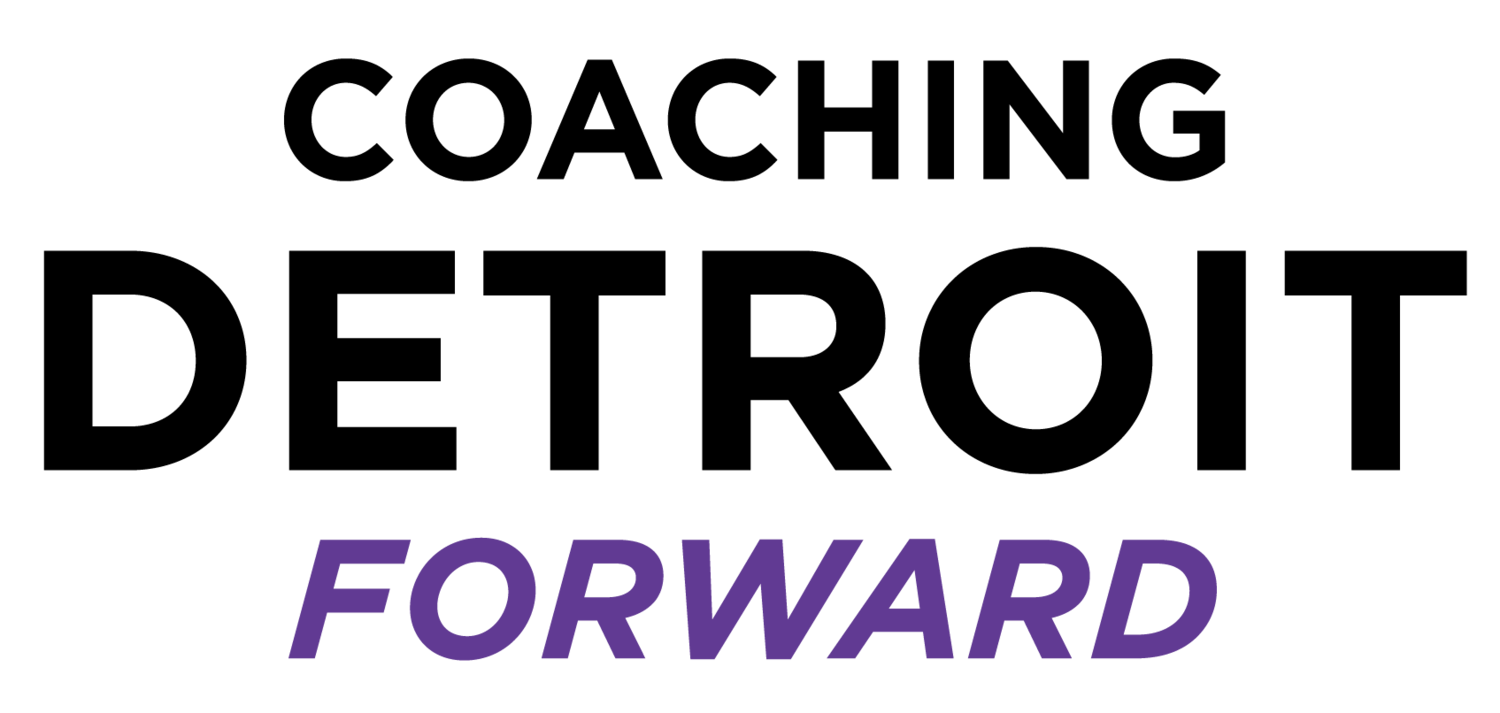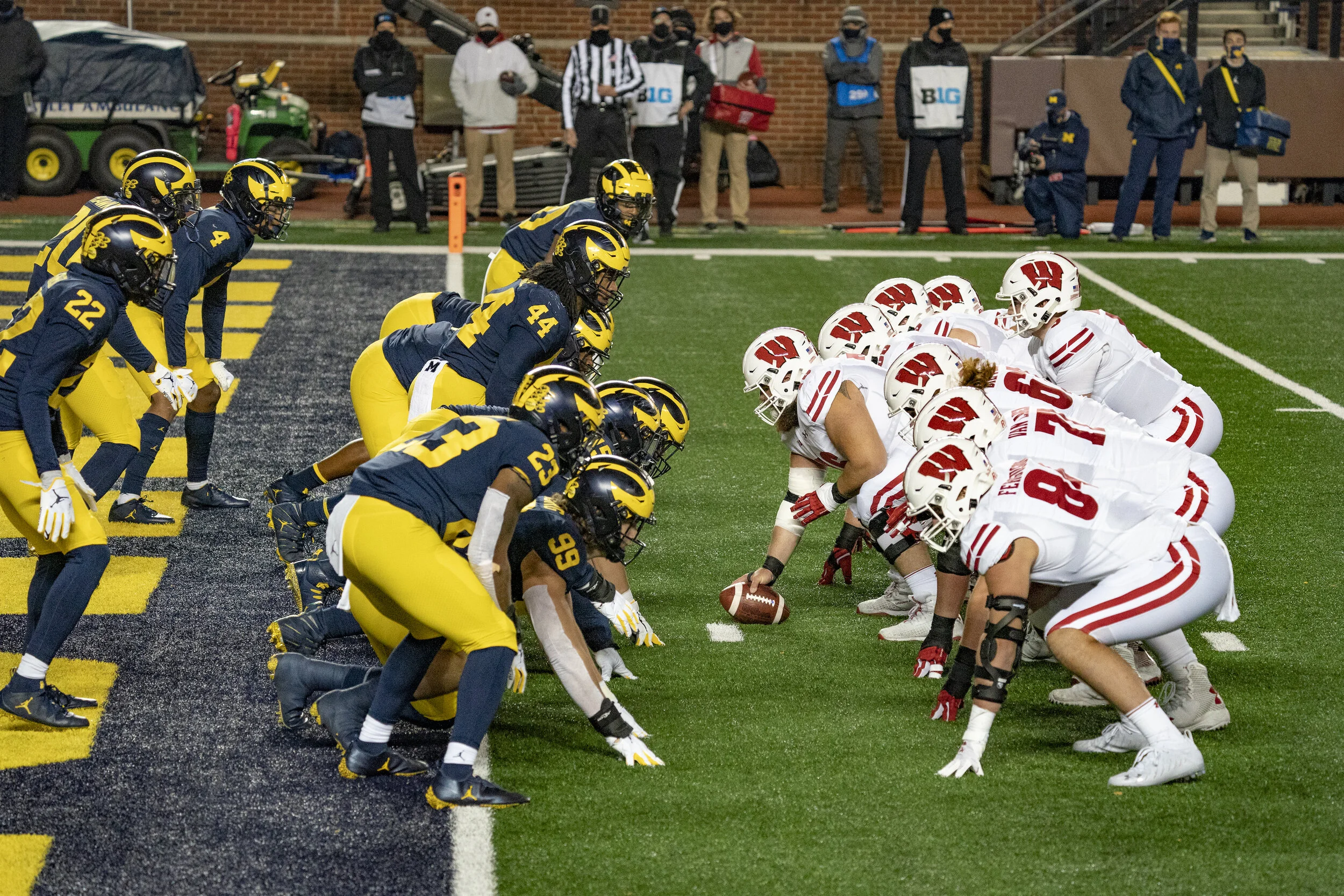College Compensation: The Sideline Story
Endorsement deals are now a game-changer for many student athletes.
By Jaleel K.T. Hogue
College athletes have been able to embark on a new journey, since July 1, thanks to an NCAA rule change that allows athletes to profit off their own personals.
Now, the question you might ask yourself is why the NCAA didn’t allow college athletes to receive outside income in the first place. Boston.com reports the NCAA held the policy to preserve “amateurism,” or “the concept that college athletes are not professionals and therefore do not need to be compensated.” Now, athletes in Division III and up can be paid for their name, image and likeness, known as NIL.
The NCAA believed that providing scholarships and stipends to athletes was sufficient. They also thought that since they weren’t professional athletes, college athletes didn’t deserve compensation like the pros get and felt that scholarships were more than enough. Well, that has finally changed.
The Michigan Wolverines play the Wisconsin Badgers on Nov. 20, 2020 — before student athletes could receive endorsements. Photo by Dominick Sokotoff/Michiganensian
There are already companies endorsing college athletes. For example, in mid July, Alabama football coach Nick Saban said his new quarterback, Bryce Young, was approaching the $1 million mark from NIL pay, and it keeps rising.
Many college and professional athletes are selected to be endorsed based on whether their name rings bells, what they are like as a person, how likeable they are and whether people would buy their clothing, if created.
The quarterback is arguably the most significant position on the football team — as he is the brain of the team. Quarterbacks are loved and held at higher values than most positions. Companies like to endorse players in popular positions like quarterbacks, wide receivers and safeties.
Potential Problems
While endorsements may sound good on paper, they could cause problems. If a wide receiver, for example, received a coveted endorsement deal and his teammates found out, it could create tension in the locker room and on the field.
LaNard Graham, Wide Out for Central State University
LaNard Graham Jr. who was a wide receiver at Central State University in Ohio, says he believes jealousy could happen easily.
“But also it should be friendly motivation if a player sees a teammate receiving more money than them to work harder,” he says, adding that an endorsement “should be motivation for other teammates to work and play harder to receive one of their own.”
Nevertheless, how would it make you feel if your teammate received a massive endorsement deal, and you didn't receive a dime? It could make you jealous, or even just happy for your fellow teammate. But knowing the way college athletes act, it could create much anticipated issues on and off the field.
“The different amounts of money players get should be private,” Graham says, “and players shouldn’t be watching their teammates’ pockets.”
That is very much true, but considering college athletes are about 18 to 24 years old, they are likely going to post about it and maybe flaunt their endorsement deal. With a lot of this occurring on social media, it's only a matter of time before some teammates express jealousy, which could lead to bad blood on the field, resulting in the loss of games and the end of friendships.
The Positives
Let’s dive into the positive and consider why college students receiving outside income is a great change. Zaire Mitchell Drayton, a tight end for Henry Ford II High School’s football team , says, “college players are well known, and they should be making money for how hard they go out and play.”
Colleges make a significant amount just from hosting football, basketball and baseball games, in addition to things like parking fees, concessions and merchandise.
Zaire Mitchell Drayton, No. 51, tight end for Henry Ford II
According to The Orange County Register, UCLA, a highly recognized school, collected a staggering $44 million just from football games in the 2014-2015 fiscal year. Not a dime was given to the players, and those are the people fans are coming to see.
Another great reason for players to receive outside income is that, if they make it to the NFL, this could teach them necessary money management. A 24 year old sitting on a few million dollars is going to need some guidance because the amount of money they receive is only going to rise if they go on to make it as a pro.
This change in policy is well overdue, and it is always better late than never. This was years in the making, and college athletes around the country were ecstatic at the news, because all of the hard work on and off the field could finally be put to use, and players would no longer just play for fun.
College athletes will now be playing more efficiently than ever to try to get an endorsement deal that could change their lives for the better.




